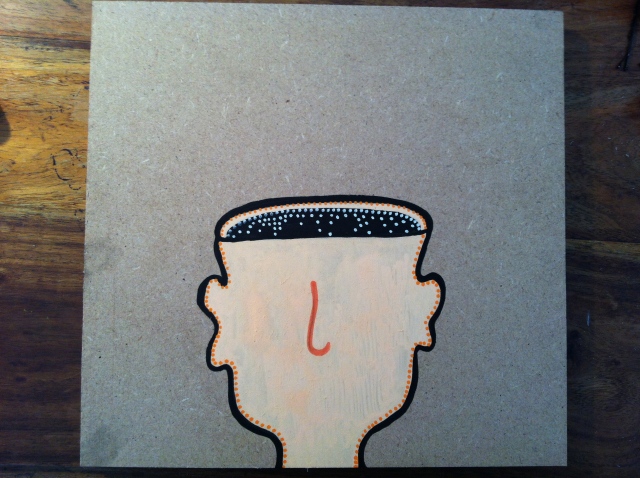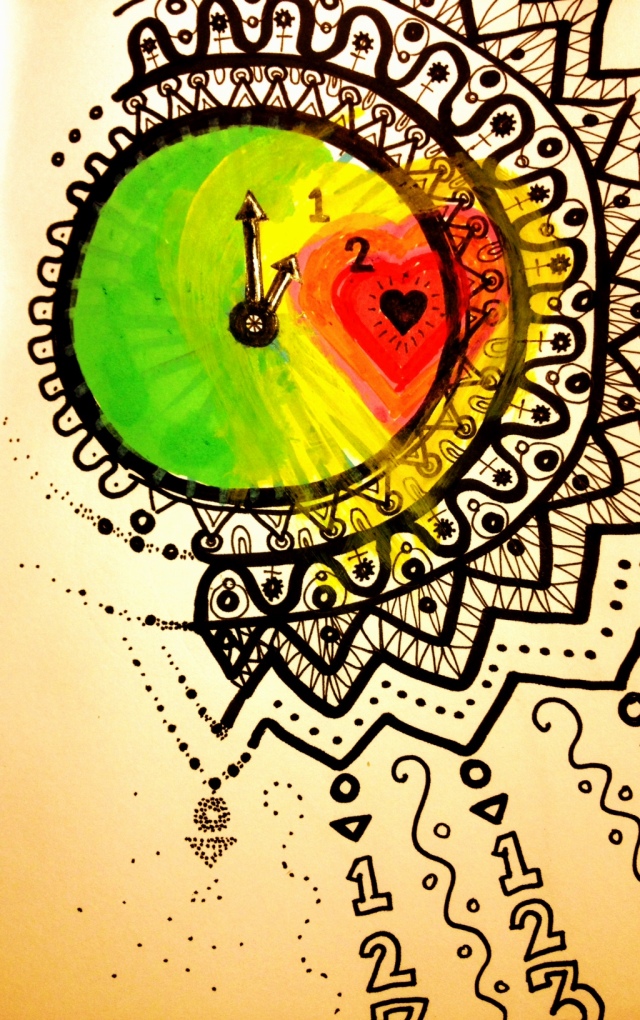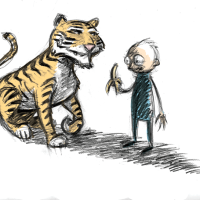It’s not just good things, you know. It’s everything.
It’s okay, that’s the way the world works, and if it didn’t, then there’d be too much of everything everywhere for anything to really be.
Endings are all part of the process. If you go into something expecting the infinite then its highly likely it won’t really happen.
Just think about the absurdity of infinity is for a while. That thing about an infinite number of monkeys/typewriters/time producing the works of Shakespeare. Then think about the infinite amounts of paper, filled with everything from nonsense to nearly-Shakespeare to the script from episode 719 of Emmerdale.
Yes, you’d end up with something particular, but only as part of an infinite number of everything. Finding the Shakespeare would be an entirely impossible task, because the universe would have to be nothing but paper and ink, the output from some monkey’s typewriter, radiating outwards forever.
Forever, infinite, endless.
Not really things that we’re built for. We can’t really comprehend, which is why we tend to leave them all in the hands of faith.
Merging with the infinite has always been my favourite death euphemism, if only because it is poetic but synonymous with ‘we don’t know’.
One of the best things about endings, and the reason they’re worth it, is that it is often hard to know what comes next. An ending makes space for a step into the unknown. Once you’re done with one thing, it can be time for another. When one thing dies, it can rot back into the world and feed the next.
An ending leaves a space. It leaves threads to pick up and carry on in something new.
Because endings aren’t often really endings. One of the flipside of the ‘everything changes’ way of worlding is that one thing has a tendency to become another. It’s not just space, its different energy.
In the same way that our bodies rot into the ground, so our lives, after ending, stretch out into the people we loved and left behind. There are always traces. Our impact multiplied by our love.
So all things end, but they don’t. Good things, in particular (I hope, optimistically) have a tendency to carry on anew. A space is filled by the consequences of an ending.
Good things, are largely like all things. They seem to end more often, but I think that’s just because we pay more attention. We notice the absence of the good more than the absence of the bad. It’s a weird form of optimism, that comes out cynical.
But all things, end, with no morality in sight. The universe simply won’t accept something staying the same forever.
This is the right way to be. We must be ready for endings, for without them, we’d be drowning.
Look forward to the ends, and to what comes after.
Enjoy what you’ve got while you have, because nothing is forever.
This isn’t sad, its just life.
And that’s the end of it.
—
Illustration by Lucy
—–
Every Unstruck has a word limit of 500, and this is the 500th Unstruck. For now, Unstruck is going to end here, and some new things are going to begin, possibly in slightly different places. Keep an eye on unconsequence.wordpress.com and wait for something new to show up. There may be a short wait.
Right now, I just want to take a moment to say thank you to everyone who has taken part in this project. From a discussion in a pub with AK about laziness and creativity, Unstruck grew into a huge part of my life. It’s kept me creative through thick and thin for almost two and a half years. I’ve never really felt like Unstruck was mine though. It’s always been something I’ve piggybacked on.
Thank you from the bottom of my everything to everyone who has taken part. To the questioners who have woken me up every morning. To the illustrators who have made magic out of some fairly tedious prose.
If you’ve ever enjoyed Unstruck, you could do a lot worse than check out some of the links on the right hand side of the page. These are some fabulous artists, making beautiful things. If you need a ridiculous brief filled, I can heartily recommend them. If you need something beautiful, they can make it happen.
As for the questionauts? Their curiosity and support has fueled the whole thing. Sparks of ideas that turn into something else. That’s what this has all been about.
Creativity, collaboration, curiosity.
Thank you for reading, thank you for taking part, thank you for making something special with us.
And that really is the end of it.
















